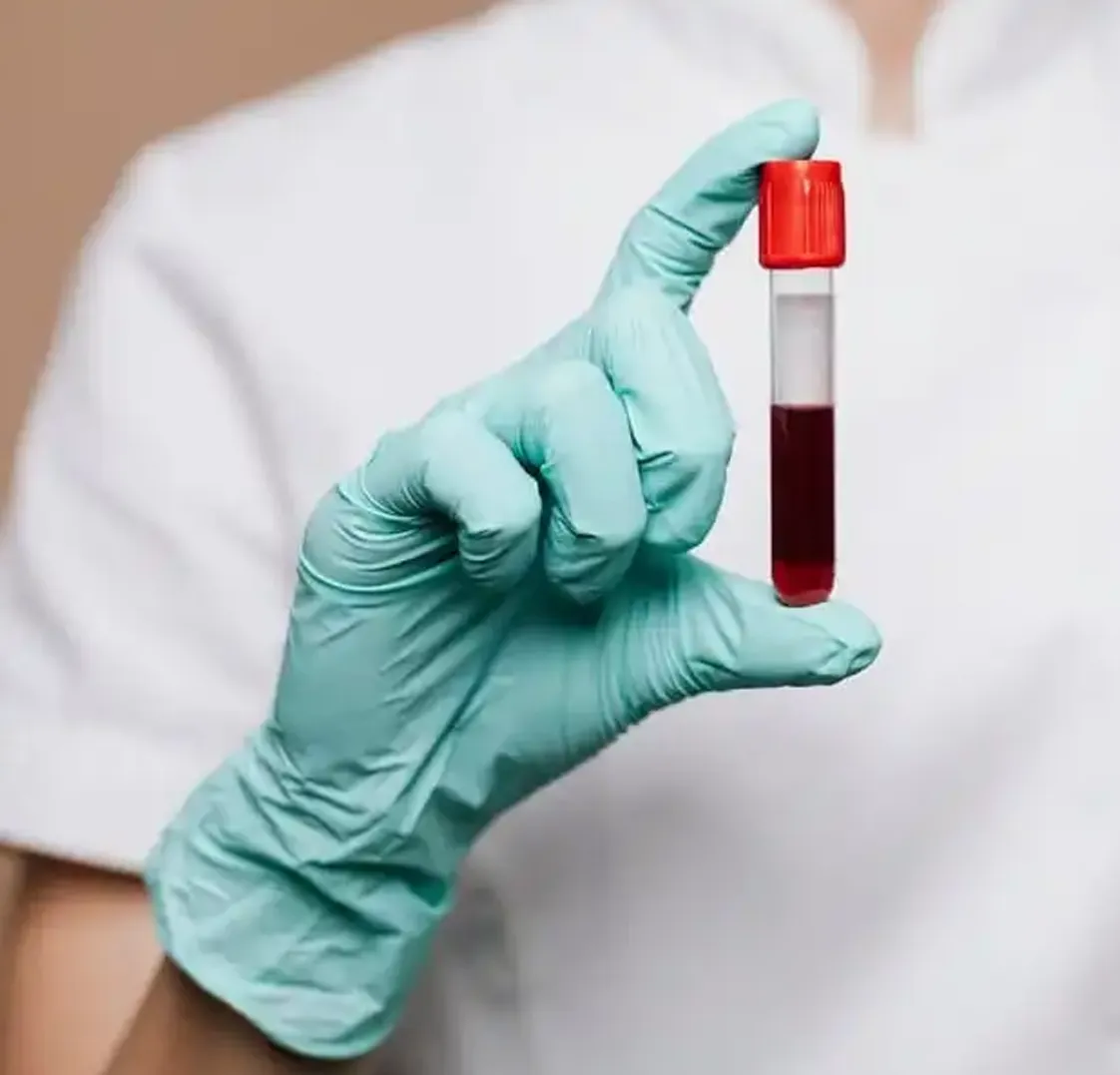The Testicular tumour profile is a blood test panel used to detect and monitor testicular cancer. This profile typically includes several tumour markers that are produced by testicular tumours. Elevated levels of these markers can indicate the presence of testicular cancer or help monitor treatment and detect recurrence.
Key tumour markers included:
- Alpha-Fetoprotein (AFP):
- AFP is a protein that can be elevated in germ cell tumours, particularly yolk sac tumours, which are a type of testicular cancer. It may also be raised in certain non-germ cell cancers.
- Human Chorionic Gonadotropin (hCG):
- hCG is another tumour marker that is often elevated in choriocarcinoma (a form of testicular cancer) or in mixed germ cell tumours. It can also be raised in other cancers, such as ovarian cancer, but is most useful in testicular cancer diagnosis and monitoring.
- Lactate Dehydrogenase (LDH):
- LDH is an enzyme that can be elevated in a variety of cancers, including testicular cancer. While not specific to testicular cancer, elevated LDH levels often correlate with tumour size and the extent of cancer.
Why it’s important:
- Diagnosis of testicular cancer: The testicular tumour profile can help diagnose testicular cancer in men who show symptoms such as swelling or lumps in the testicle.
- Monitor treatment and recurrence: After diagnosis and treatment (such as surgery or chemotherapy), the testicular tumour profile is used to monitor treatment effectiveness and detect cancer recurrence.
- Risk assessment: This profile can also help assess the risk of developing testicular cancer in men with certain risk factors, such as undescended testicles or a family history of cancer.
Conditions associated with elevated tumour markers:
- Testicular cancer: The testicular tumour profile is most commonly used to monitor germ cell tumours like seminomas and non-seminomas (e.g., embryonal carcinoma, yolk sac tumours, teratomas, and choriocarcinoma).
- Other cancers: While AFP, hCG, and LDH can be elevated in other cancers (such as ovarian cancer, liver cancer, or lung cancer), these tests are typically most useful in the context of testicular cancer.
- Non-cancerous conditions: Elevated tumour markers can sometimes be seen in liver disease, testicular inflammation, testicular trauma or other benign conditions.
Limitations of the test:
- Not cancer-specific: Elevated tumour markers like AFP, hCG, and LDH are not exclusive to testicular cancer and can be elevated in other conditions, both cancerous and non-cancerous.
- False negative: Some forms of testicular cancer may not produce elevated levels of these markers, so a normal result does not completely rule out cancer.
- Used in combination with other tests: The testicular tumour profile is often used alongside imaging studies (e.g., ultrasound) and clinical examination to provide a comprehensive diagnosis.






